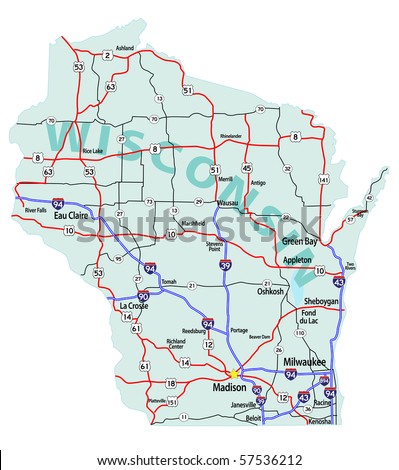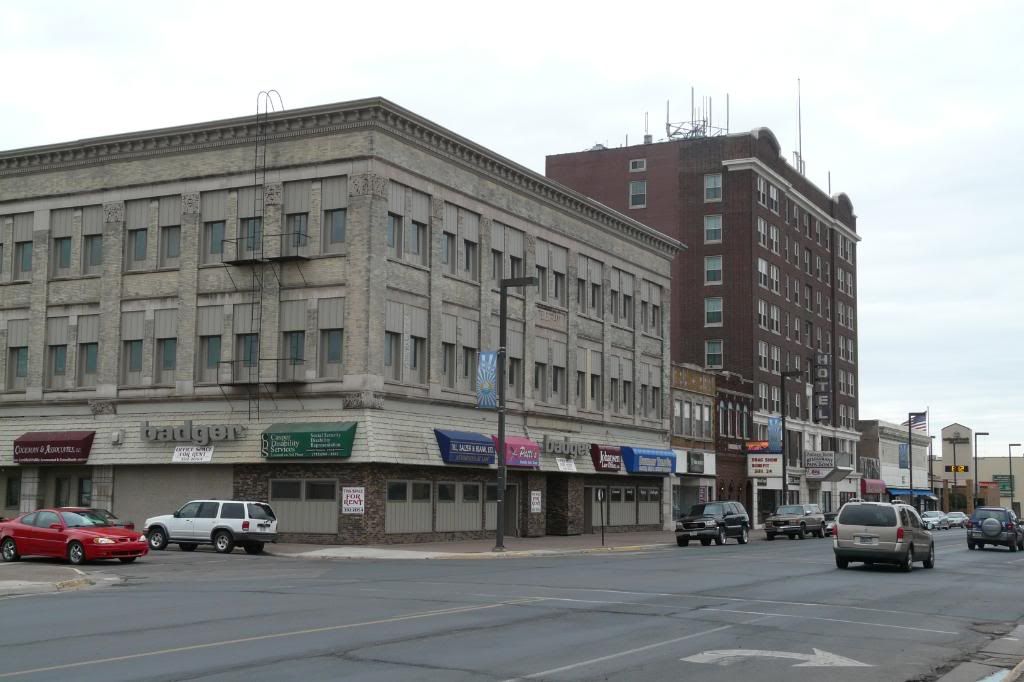Blue Highways: Danbury, Wisconsin
Unfolding the Map
 Driving with the windows open, trying to get the mosquitoes out, we try to find a place to sleep with William Least Heat-Moon (LHM). Just more irritants in his trip through Wisconsin. The post is a little all over the place, because I don't want to do too much backtracking. But we'll all survive. Buzz on over to the map to locate Danbury, Wisconsin and our resting spot.
Driving with the windows open, trying to get the mosquitoes out, we try to find a place to sleep with William Least Heat-Moon (LHM). Just more irritants in his trip through Wisconsin. The post is a little all over the place, because I don't want to do too much backtracking. But we'll all survive. Buzz on over to the map to locate Danbury, Wisconsin and our resting spot.
Book Quote
"Lying atop the sleeping bag in the hot night, I heard the first mosquito. I put the screens in place but it was too late. Under the pinching bites I lay sweating and cursing. Unable to stay awake driving, now I couldn't sleep lying down. I was living someone's nightmare. "These are the days that must happen to you," Whitman says.
"....Finally I gave up and pulled off the screens, and, with windows wide open, drove flat out down the highway to blast away the insects. At Danbury I parked by the town hall, put the screens in place, and again went to bed. I slapped a mosquito and fell asleep."
Blue Highways: Part 7, Chapter 11
 The Old Hole in the Wall casino in Danbury, Wisconsin. Photo by Holter and found at Panoramio. Click on photo to go to host page.
The Old Hole in the Wall casino in Danbury, Wisconsin. Photo by Holter and found at Panoramio. Click on photo to go to host page.
Danbury, Wisconsin
I've already written about mosquitoes, so I don't plan to spend much time on them. But there is one sound that just drives me complete nuts when I hear it. Here's the scenario. You are sleeping, or at least dozing, in the early morning. All of a sudden, you hear it. A sound at the very edge of your hearing. A high-pitched whine that sounds far away. It barely registers on your sleepy awareness. But it gets louder, gradually, coming closer and closer to one of your ears sticking out invitingly from underneath the covers or, more likely, the sleeping bag.
There are other sounds which cause momentary discomfort, such as fingernails raking down a chalk board or someone's annoying voice. But a mosquito buzzing your ear, clearly looking to land and make a meal out of your blood, is possibly the most annoying sound ever. When you slap at your ear, the sound disappears for a moment, only to make a reappearance and slowly draw closer, closer and closer. If you are going to make it stop, you might have to let the mosquito land on you and try to crush it with a swat. Otherwise, you'll play a game with the mosquito all morning until you get out of bed. When you get locked into that repetitive scenario with a mosquito, it can ruin a perfectly fine morning under the covers.
I applaud LHM for his tactic of driving fast with all the windows down to blast the mosquitoes out of Ghost Dancing so that by the time he gets to Danbury, he's rid his van of probably 90 percent of the mosquitoes. In all my years alive I have never used that tactic to get a flying bug out of the car. When you get a bug in the car, it can be something that you never see, such as a tiny spider that has set up shop inside your glove box or in the back by the window. Unless it bites me, I don't really care if such an insect is there. Sometimes it can be a minor annoyance, like a mosquito, though one curious thing about mosquitoes is once they get into the car they seem to only want to get out, and don't appear to be interested in the occupants at all. At least that's what seems to happen when I see them in the vehicle in the daytime. Perhaps the heat of the day warms up the car and plays havoc with the mosquito's infra-red heat detection system. At night, I can't say because I don't usually notice them.
Sometimes, the bug in the car can be downright frightening. Have you been in a car and suddenly notice a bee trying to get out? Usually, when I see a bee frantically trying to get out, I pull over and try to get help it somehow using paper or anything that I can wave at it. The problem with bees is that they get so single-minded in trying to get out the back window, they usually get stuck. I have found dead bees in the back window when I've been detailing my car, sometimes with nothing left but some legs and wings.
Perhaps driving with all the windows down would cause enough airflow to get a bee out of the car, but I'd be afraid that the bee would blow back on me and sting me. I don't want to get stung because I have a fear that I'm allergic to bees. I'm allergic to a lot of stuff, so it wouldn't surprise me that I would be allergic to bees too. I don't want to go into anaphylactic shock - my wife found out that she's allergic to fire ants in that way and it scared the living hell out of me. So, when it comes to bees, I'll just pull over and try to get it out the old fashioned way, with paper or some other device I can wave at it.
But mosquitoes? If they are in my car, I'll make the interior such a wind tunnel that they won't know what hit them!
*************
There's precious little information on Danbury and it's sister Town of Swiss, but apparently it was the scene of a Bigfoot sighting! If you know me, you know I love unexplained mysteries and strange stuff. I don't necessarily believe in Bigfoot or Sasquatch, but I love that other people believe and I always keep an open mind. Apparently, the Ojibwe Indians nearby are familiar with the Danbury creature. Now that's a reason to visit Danbury!
Musical Interlude
You'd think that there would be a bunch of songs that talk about driving with the windows down, but I could only find Driving With the Windows Down by a band on Myspace called the Crunchy Western Boys, a bluegrass band who appear to hail from New Hampshire. It's a pretty decent song, in my opinion. I'd go to see this band! Hit the "play" button below to hear the song.
If you want to know more about Danbury
Forts Folle Avoine
Wikipedia: Danbury
Wikipedia: Town of Swiss
Next up: West of Minong, Wisconsin




 Friday, March 16, 2012 at 12:17PM
Friday, March 16, 2012 at 12:17PM





